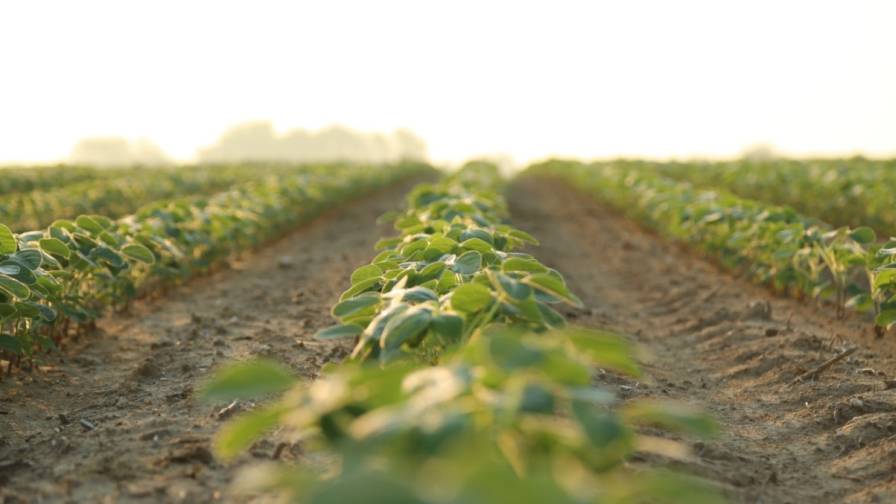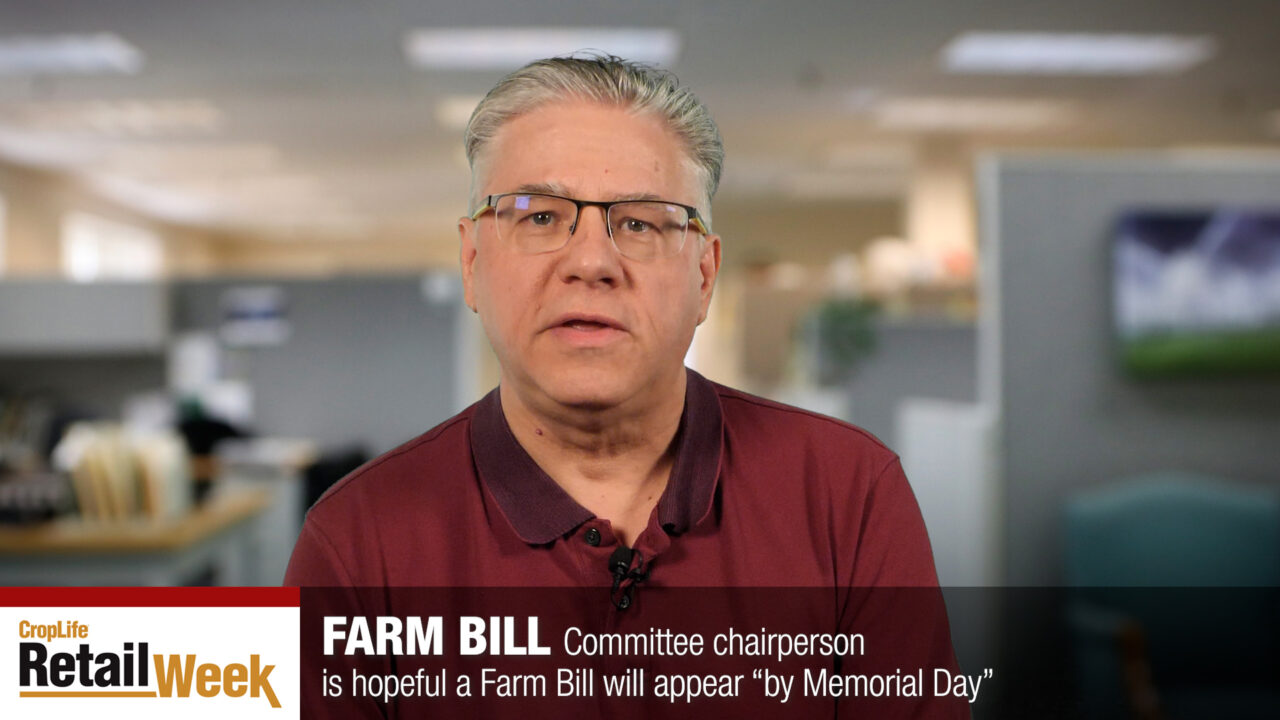Aphids Apparent In Kansas Wheat, But Natural Predators At Work
Early April brought more than warm weather to Kansas farms. Aphid populations increased around the state due to immigration of the insects from the south and local reproduction, according to a Kansas State University entomologist.
The good news, said Jeff Whitworth, crops specialist with K-State Research and Extension, is that in the last seven to 10 days, most of these populations have, or are, decreasing due to the increase in parasitoid wasps and lady beetles.
“There are still aphids in most fields but not at treatment thresholds, for the most part,” Whitworth said. “Insecticide treatments therefore should be carefully evaluated before application, especially because aphids have the abilityto reproduce parthenogenetically, which means an unfertilized egg can develop into a new individual. So if there are a few resistant aphids, they will rapidly produce more resistant individuals, especially since the beneficial insects – the parasitoid wasps and lady beetles – will be decimated by the insecticide application.”
For that reason, applying an insecticide with a fungicide “just in case” could cause more problems in the future.
More information about insects in Kansas is available at the Kansas extension entomology website.






